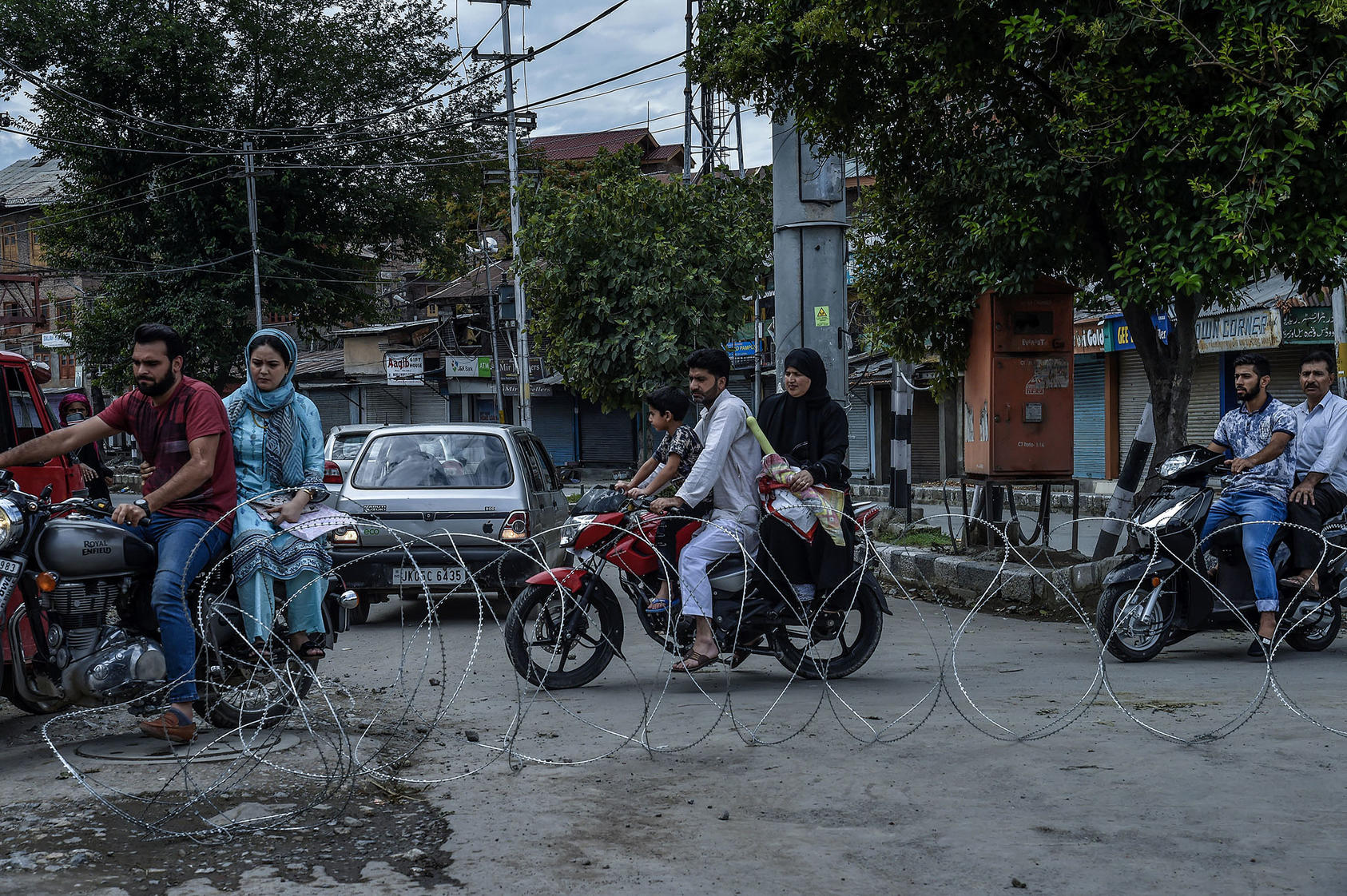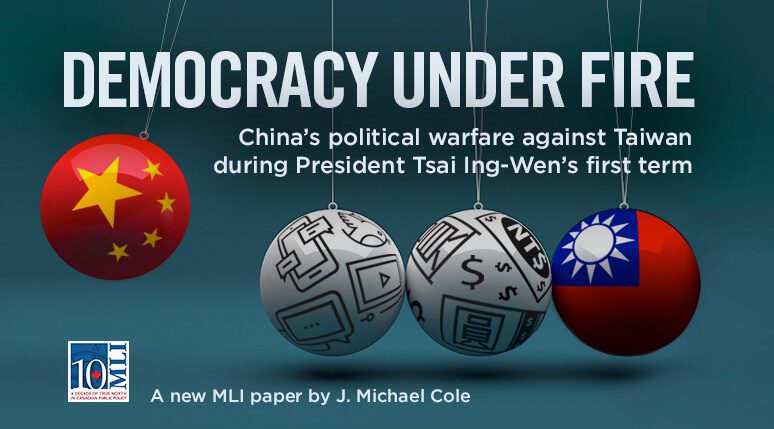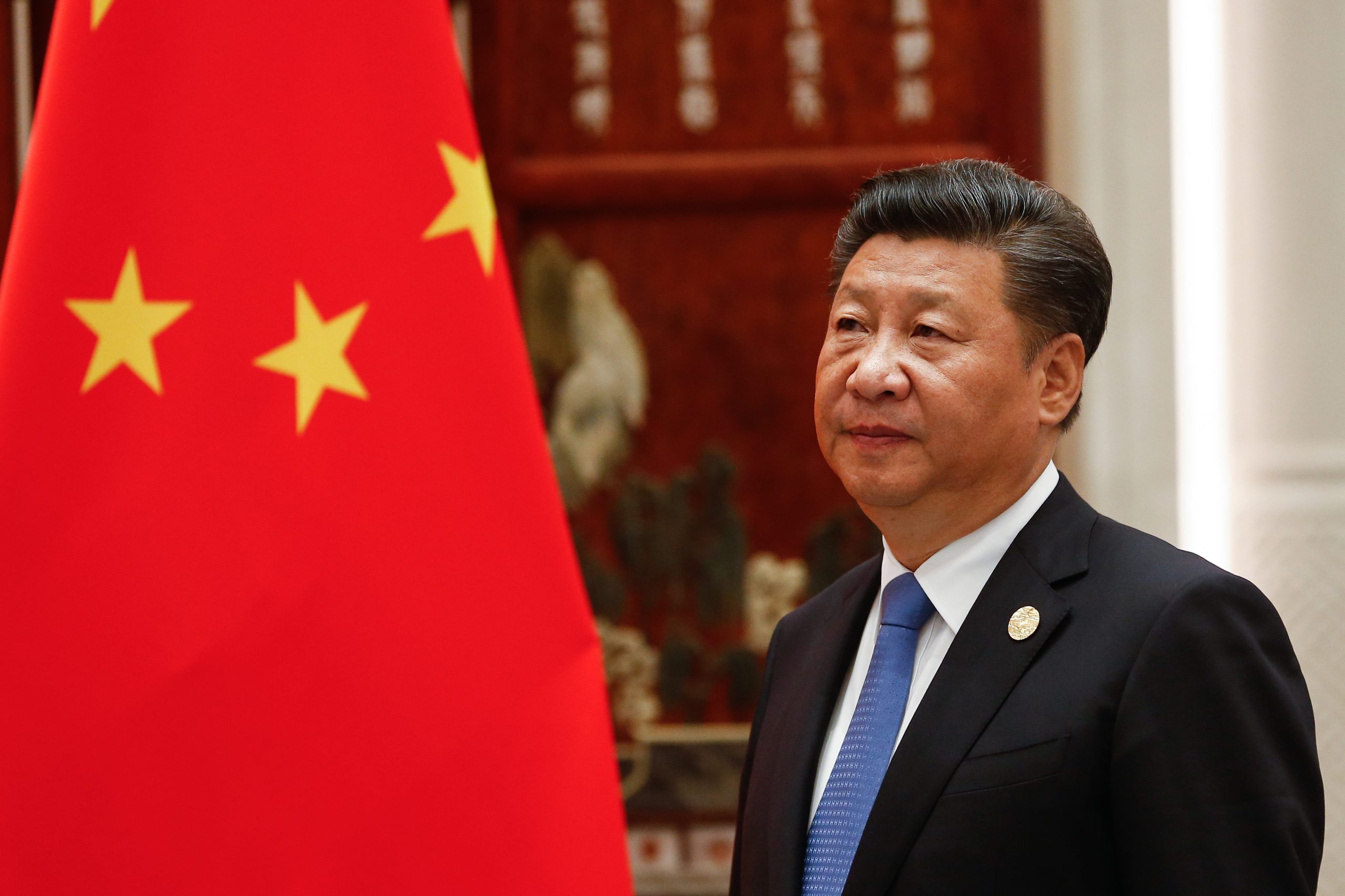China’s increasingly strident territorial claims and economic coercion have forced startled governments such as those in India, Japan, Taiwan, and Vietnam to strengthen relations with friends that can help them respond effectively. In recent months, India has arguably suffered the most from China’s lack of restraint: New Delhi is trapped in a slow-moving border stand-off with Beijing that has already left more than 20 troops dead.
The possibility of greater international coordination to rein in Beijing should be especially appealing to New Delhi. When it comes to potential partners, India enjoys a big geopolitical advantage over China—most of the West roots for a rising, democratic country. Meanwhile, China’s list of allies isn’t very long and includes problematic governments such as those of North Korea and Pakistan.
Countries may instinctively prefer India, but depending on how its current border stand-off with China is resolved, New Delhi’s traditional aversion to security and trade alliances could complicate partnerships. To encourage Indian choices that facilitate alignment, countries such as the United States need to be a more consistent friend, and sometimes to be prepared to play the long game when interests diverge on issues such as partnering with Russia. If India makes the right decisions, its democratic institutions, market potential, and demographics position it as a leading power that can make a difference in managing China and the global commons.


















